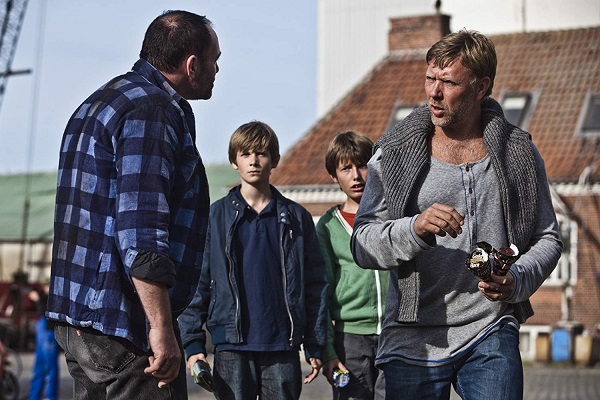

  |
| Photo © 2010 , © 2011 Sony Pictures Classics |
| Academy Award Nominations and Winners: | |
| ★ | Best Foreign Language Film |
| Golden Globe Nominations and Winners: | |
| ★ | Best Foreign Language Film |
| Other Awards: | |
| European Film Awards: Best European Director | |
| Permalink | Home | 2010 (wp) | 2011 (us) | ABC | Blog |